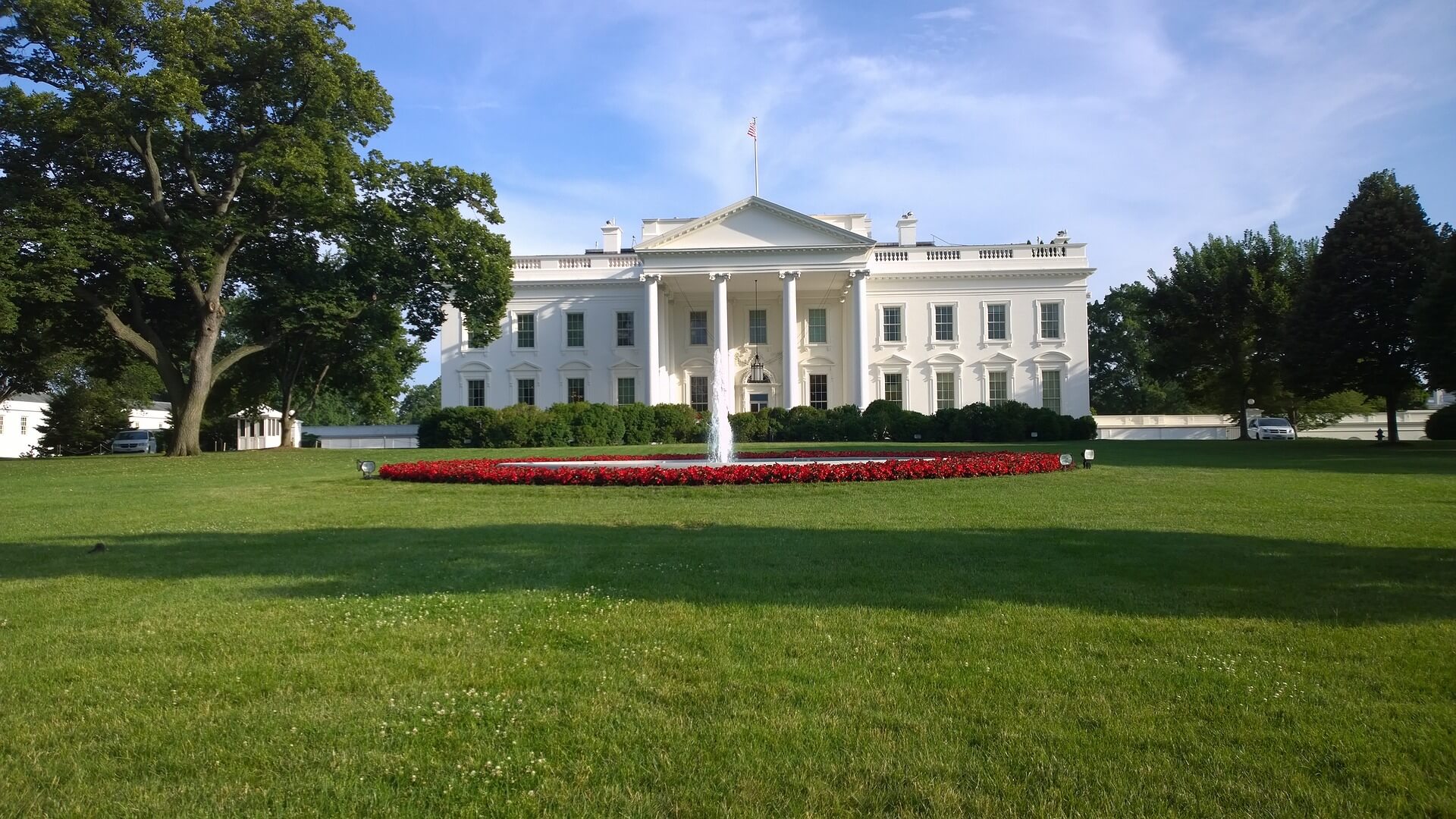
As some US semiconductor firms grow concerned about how they will be affected by escalating trade tensions between the US and China, the Biden Administration this week tried to force their attention back to the home front, designating 31 communities across the country as Regional Innovation and Technology Hubs that will benefit from government grants, jobs programs, and more.
The Tech Hubs program is yet another piece of the federal CHIPS and Science Act approved by Congress last year, which set aside $500 million in community-specific grants to be doled out as part of broader $10 billion stimulation effort defined in the CHIPS Act.. Each of the selected communities will be led by coalitions that will be backed by federal government support, including “follow-on funding from across the federal government, such as future Tech Hubs implementation funding, Economic Development Administration funding opportunities, and the U.S. Department of Treasury’s State Small Business Credit Initiative (SSBCI) programs,” according to a statement from the White House.
The regional Tech Hubs also will be able to leverage technical assistance from government agencies such as the US Department of Transportation, the US Department of Agriculture, and others, and will get help attracting “foreign direct investment and receive export market access assistance, including having a dedicated presence at the SelectUSA Investment Summit Exhibition Hall in June 2024,” the statement added.
The list of 31 communities covers portions of 32 states and Puerto Rico, and regions that already are of central importance to a variety of industries, such as semiconductors, clean energy, critical minerals, biotechnology, precision medicine, artificial intelligence, quantum computing, and more.
The statement continued, “Tech Hubs bring together private industry, state and local governments, institutions of higher education, labor unions, Tribal communities and nonprofit organizations to compete for up to $75 million implementation grants to further develop these fields and make transformative investments in innovation, supply chain resilience, and job creation.”
The full list of 31 Tech Hubs can be found on this White House Fact Sheet, but examples include the Texoma Semiconductor Tech Hub stretching across North Central Texas and Southern Oklahoma; the Nevada Lithium Batteries and Other EV Material Loop; and two separate quantum computing Tech Hubs, one in Colorado and the other centered around the Chicago Quantum Exchange in Illinois, but covering portions of Wisconsin and Indiana as well.
Sen. Chuck Schumer (D-NY), who has been a major proponent of federal funding and assistance for the semiconductor industry, applauded the designation of the NY SMART I-Corridor Tech Hub in his home state–and clapped his own back for making it happen,
“Buffalo, Rochester and Syracuse are officially on the road to becoming America’s semiconductor superhighway,” he stated, adding, This 3 region Tech Hub will hit the gas on NY’s booming chips industry by attracting new companies, training our workforce for tens of thousands of good-paying jobs, and bringing manufacturing in this critical industry back from overseas to right here in Upstate NY. I pulled out all the stops to land this Tech Hub Designation for my great home state – making the case that bringing together these three cities and giving them the resources to combine forces would create an unstoppable engine that will rev the region’s industries to life and make Upstate NY a global center for semiconductors.”
Not everyone was happy with the final list that was unveiled. About 400 regional communities submitted applications, and advocates for some, such as in North Carolina, noted on social media that they were left out of the program–at least for now.
